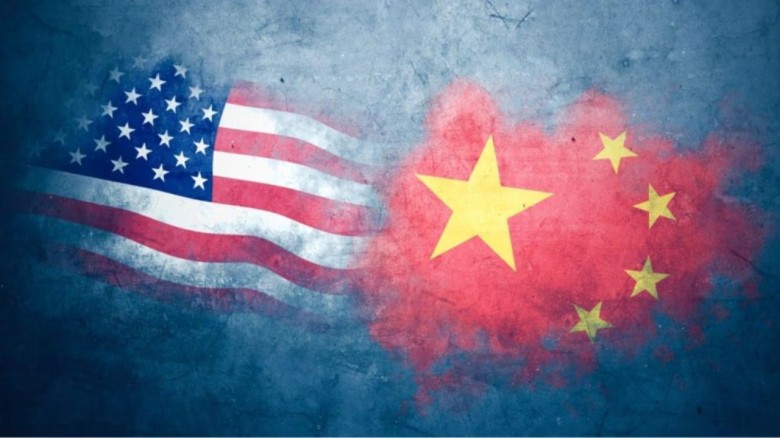U.S. Imposes 104% Tariff on Chinese Imports Starting April 9: White House
The Biden administration has announced a sharp increase in tariffs on specific Chinese imports, with new rates soaring up to 104% starting April 9. According to the White House, these measures aim to counter what the U.S. considers as unfair trade practices by China, especially in sectors like steel, aluminum, and electric vehicles (EVs). The decision signals a tougher economic stance as Washington seeks to level the playing field for American industries facing aggressive undercutting by Chinese counterparts.
Officials stated that the move is rooted in national economic security concerns, as well as the need to protect domestic manufacturers from the long-term effects of cheap, state-subsidized imports. Chinese companies, particularly in the EV and clean tech sectors, have been accused of flooding global markets with low-cost goods, raising alarms in Washington about potential monopolization. By imposing these steep tariffs, the U.S. aims to curb China's overcapacity-driven exports and support the growth of its own green and advanced manufacturing sectors.
The 104% tariff hike will primarily affect imports such as Chinese electric vehicles, steel products, and components linked to critical supply chains. The White House noted that these changes align with President Biden’s broader strategy of revitalizing American industry while reducing dependency on foreign suppliers for sensitive technologies. This move also follows broader concerns from European allies who have echoed similar sentiments regarding China’s trade practices, suggesting a growing consensus among Western economies.
While Beijing has condemned the U.S. decision, calling it "protectionist" and "politically motivated," trade analysts suggest that more retaliatory measures could follow. The ripple effects of such a steep tariff increase may be felt globally, particularly in the automotive and electronics industries. As the economic standoff between the world’s two largest economies intensifies, businesses and investors alike are closely watching the geopolitical and market implications of this bold policy shift.



.png)

.png)





Leave A Comment